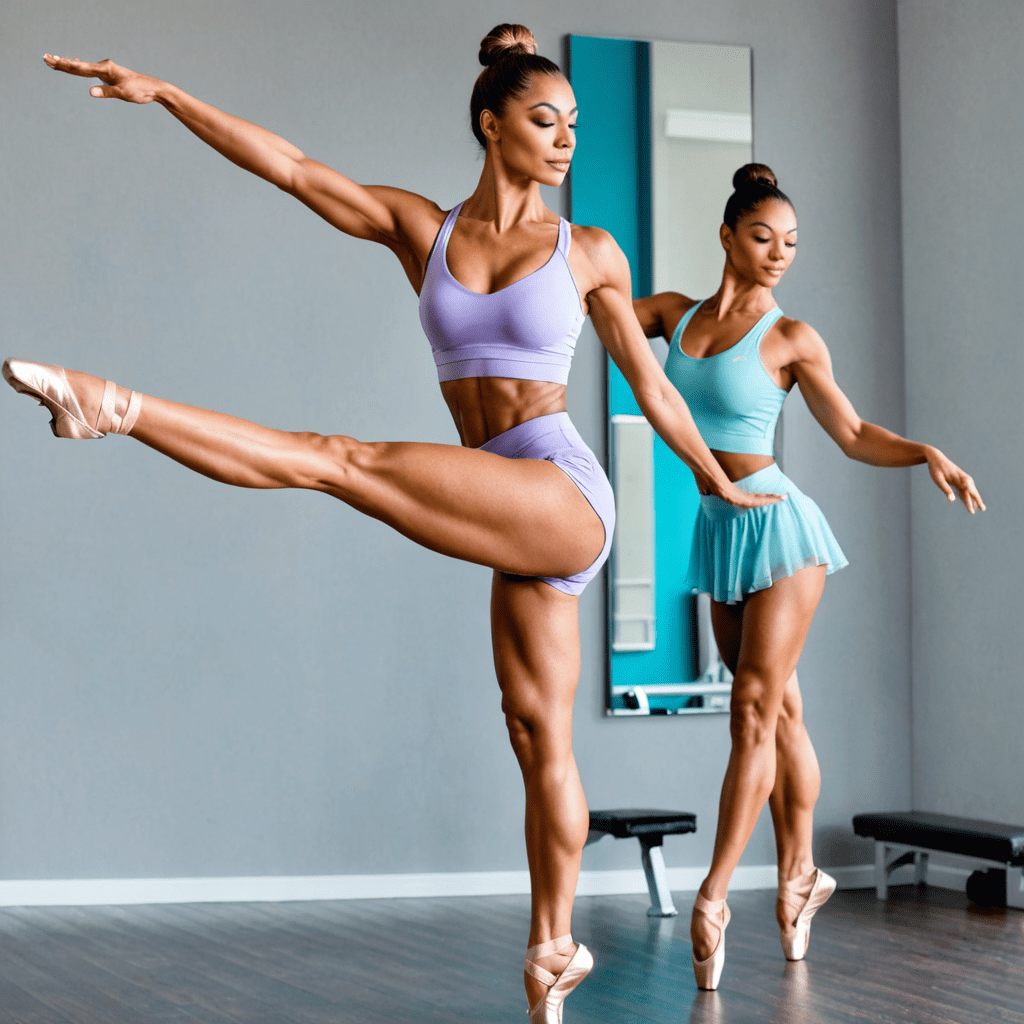
1. Introduction
Posture and Laughter: The Joy of Alignment
Posture refers to the way we hold our bodies, while laughter is a natural human response that brings joy and numerous health benefits. Though seemingly unrelated, these two aspects are deeply interconnected, influencing and enhancing each other in remarkable ways. This essay explores the profound connection between posture and laughter, highlighting how good posture can amplify laughter's benefits and vice versa, ultimately leading to a more joyful and fulfilling life.
2. The Benefits of Good Posture
Maintaining good posture offers a multitude of physical and mental advantages. From a physical standpoint, proper alignment reduces back pain, improves breathing, and enhances overall physical health. Additionally, good posture boosts confidence and self-esteem, allowing individuals to project an aura of positivity and capability. Furthermore, studies have shown that good posture can elevate mood and emotional well-being, promoting a sense of calmness and inner peace.
3. The Benefits of Laughter
Laughter, a universally recognized expression of joy, brings a myriad of health benefits. It reduces stress and anxiety, effectively lowering cortisol levels in the body. Laughter also strengthens the immune system, boosting the production of infection-fighting antibodies. Moreover, laughter enhances creativity and problem-solving abilities, allowing individuals to approach challenges with a fresh perspective and increased mental agility. Finally, laughter fosters social connection and bonding, creating a sense of belonging and strengthening relationships.
4. How Good Posture Can Enhance Laughter
The way we hold our bodies significantly impacts our ability to laugh fully and freely. Good posture, characterized by an open chest, relaxed shoulders, and aligned spine, facilitates deep diaphragmatic breathing, allowing for richer, more enjoyable laughter. Additionally, open body language, a natural byproduct of good posture, invites laughter and encourages others to join in, creating a more positive and laughter-filled environment. Lastly, confident posture projects joy and makes laughter more contagious, spreading happiness and positivity to those around us.
5. How Laughter Can Improve Posture
Laughter, with its inherent ability to engage core muscles, can significantly improve posture over time. Regular laughter strengthens these muscles, leading to better spinal alignment and overall posture. Moreover, the positive emotions associated with laughter can boost motivation to maintain good posture, encouraging individuals to pay more attention to their body positioning throughout the day. Finally, laughter can create a more relaxed state, reducing tension that often contributes to poor posture. By releasing this tension, laughter allows the body to naturally fall into a more aligned and comfortable position.
6. Practical Tips for Improving Posture and Laughter
Integrating both good posture and laughter into your daily life can significantly enhance your overall well-being. Here are some practical tips to help you achieve this joyful alignment:
Improving Posture:
- Practice proper sitting and standing positions: Pay attention to your alignment while sitting and standing, ensuring your back is straight, shoulders relaxed, and core engaged.
- Engage in regular physical activity: Regular exercise, especially activities that strengthen core muscles and improve flexibility, can significantly improve posture.
- Consciously correct your posture throughout the day: Whenever you catch yourself slouching or hunching, gently adjust your posture to a more aligned position.
Enhancing Laughter:
- Choose activities that make you laugh: Make time for activities you genuinely enjoy, whether it's watching funny movies, reading humorous books, or spending time with people who make you laugh.
- Surround yourself with positive, fun-loving people: Laughter is contagious, so connecting with people who share your sense of humor can create a more laughter-filled environment.
- Practice laughter exercises: Engage in activities like laughing yoga or laughter meditation to strengthen your laughter muscles and increase your ability to laugh readily.
7. The Joy of Alignment
The positive synergy between good posture and laughter creates a powerful ripple effect, enhancing both aspects and leading to a more joyful and fulfilling life. Good posture allows for deeper, more genuine laughter, while the positive emotions associated with laughter motivate individuals to maintain good posture. This virtuous cycle promotes physical and emotional well-being, boosting self-esteem, reducing stress, and fostering positive social interactions.
8. Conclusion
In conclusion, the connection between posture and laughter is undeniable. Good posture amplifies the benefits of laughter, while laughter, in turn, improves posture. By integrating both into your daily life, you can unlock a world of joy, improved health, and enhanced well-being. Embrace the power of alignment and let laughter and good posture guide you towards a more fulfilling and joyful life.
9. FAQs
How can I improve my posture quickly?
While significant improvements take time and consistent effort, you can make immediate changes by focusing on proper alignment while sitting and standing, engaging your core muscles, and consciously correcting your posture throughout the day.
What are the best exercises for improving posture?
Exercises that strengthen core muscles, improve flexibility, and promote spinal alignment are ideal for improving posture. Examples include planks, yoga, Pilates, swimming, and tai chi.
How often should I laugh to experience its benefits?
Laughing regularly, even for short periods, can provide significant health benefits. Aim to laugh genuinely at least once a day, and incorporate activities that make you laugh into your daily routine.
What are some tips for overcoming laughter anxiety?
If you experience anxiety around laughing, start by practicing laughter exercises in private or with trusted friends. Surround yourself with people who make you feel comfortable and focus on the positive emotions associated with laughter. Remember, laughter is a natural human response, and there's no shame in expressing it freely.


